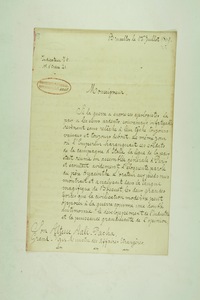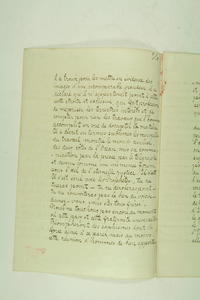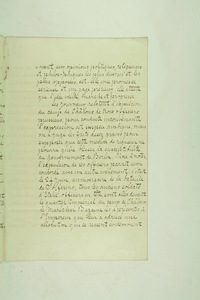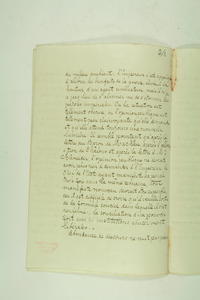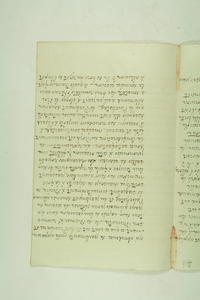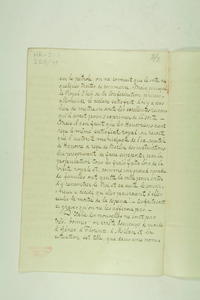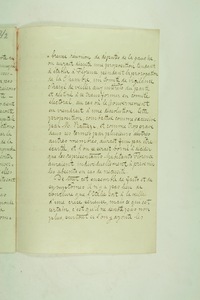Ottoman Diplomats
Letters from the Imperial Legation in Brussels (1849–1914)
Synopsis
Glavany testifies that voices for peace grew stronger in Europe. He mentions for example the Peace League, which assembled in Paris, and describes Father Hyacinthe’s speech. He seems to admire the orator for his pacifist words, that he even compares to the words of the prophets. Although universal peace had not been reached, Glavany is very optimistic about the assembly of men from different political, religious and philosophical backgrounds, all testifying to the progress of peace. He then writes about an incident in the camp of Châlons. (Newspapers reported about the expulsion of three Prussian officers from the camp, because of their impropriate behaviour.) This incident coincided with the celebration of the battle of Solferino, where the Emperor of Austria, Franz Joseph, seemed to celebrate the blessings of war. The public opinion was worried, but seemed to have no reason to ask more from the Emperor, since he stuck to his opinion on the conciliation of a strong power with liberal institutions. In the meantime the Prussian Prince and Bismarck returned to Berlin (from their trip to several German states) to close the parliamentary session in the Reichstag and the one in the German Customs Parliament. Both sessions took place simultaneously. Glavany reports that the Prince sounded pleased when he referred to the Confederation of the North. (In Hanover half of the expenses made for the Prince’s reception, had to be paid by the population.) About Italy, Glavany reports that a lot of people had been arrested in Genoa, Florence and Milan. In a reunion of deputies from the left, a committee of vigilantes was suggested for the city of Florence. The proposition, however, had been turned down. Glavany reassures that this does not have to lead to the conclusion that Italy was on the verge of a serious crisis. It was however an unpleasant situation, especially combined with the country’s poor financial situation, Glavany concludes.
Facsimiles
How to cite
If you use this website for your own research, we kindly ask you to mention the following reference in your publications:
Consulted online at Ottoman Diplomats: Letters From the Imperial Legation in Brussels (1849–1914) (2014 Edition), Centre for Political History (PoHis), University of Antwerp, <http://dighum.uantwerpen.be/ottomandiplomats/>.
